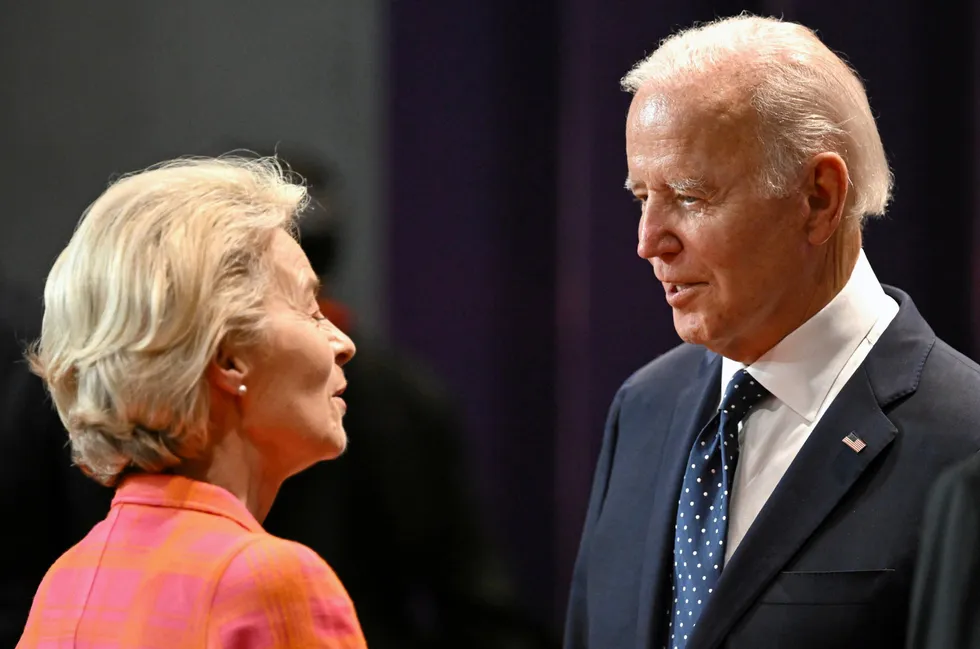Subsidised US green hydrogen imported to EU could cost half as much as clean H2 made in Europe: Deloitte
American hydrogen tax credits are pushing other countries to introduce similar incentives to support local production, new report explains

American hydrogen tax credits are pushing other countries to introduce similar incentives to support local production, new report explains
